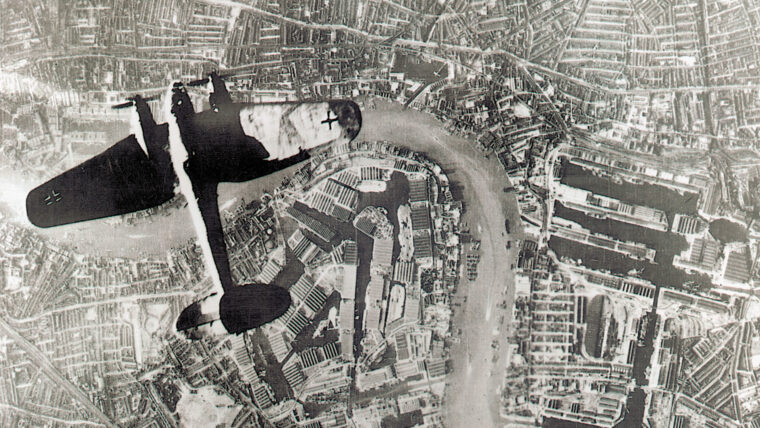
RADAR
Winston Churchill’s Two Battles
By David Alan JohnsonDuring the summer of 1940, Winston Churchill was fighting a two-front war. The first was against Adolf Hitler and his war machine, particularly his Luftwaffe. Read more

RADAR
During the summer of 1940, Winston Churchill was fighting a two-front war. The first was against Adolf Hitler and his war machine, particularly his Luftwaffe. Read more
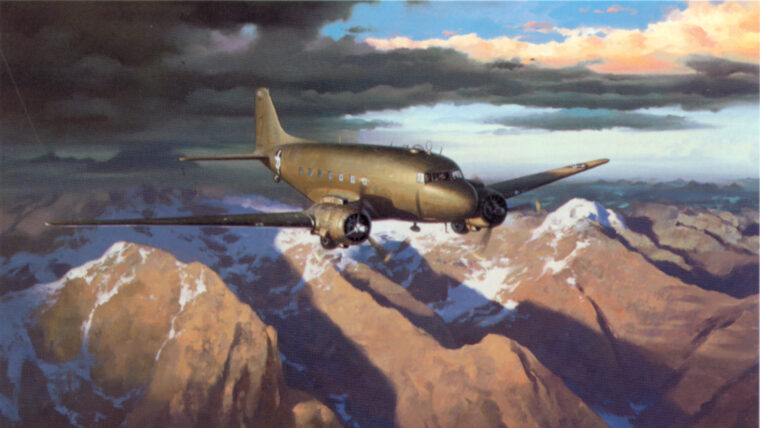
RADAR
Superficially, Phil Cochran personified the WWII fighter pilot, a combat daredevil, nonchalant about the niceties of rank and zealous in pursuit of what he called “chicks.” Read more
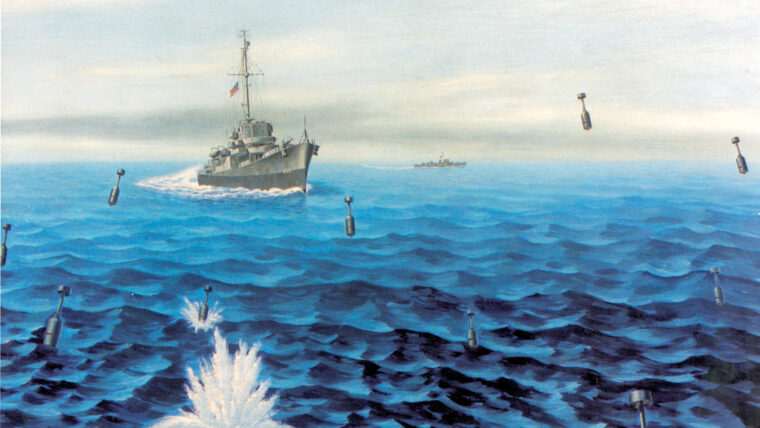
RADAR
In the Spring of 1944, Japanese Admiral Soemu Toyoda assembled a large fleet of warships at Tawi-Tawi in the southern Philippine Islands. Read more
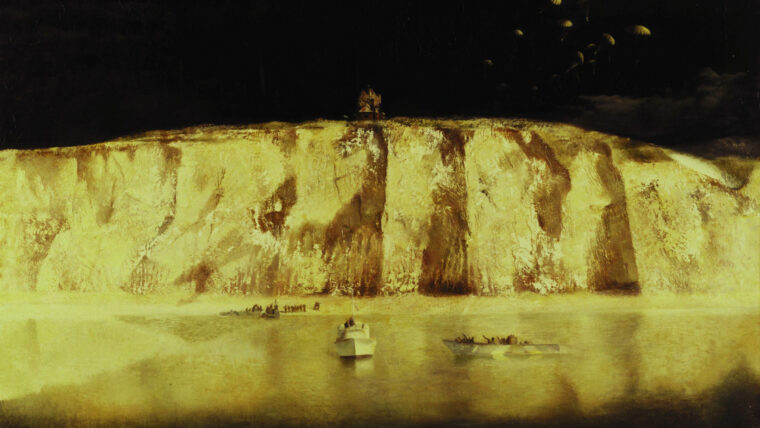
RADAR
Through the long, lovely days of the summer of 1940, almost two years before Operation Biting or the “Bruneval Raid,” Royal Air Force Spitfire and Hurricane fighter planes turned back the might of the Luftwaffe over southern and southeastern Britain. Read more
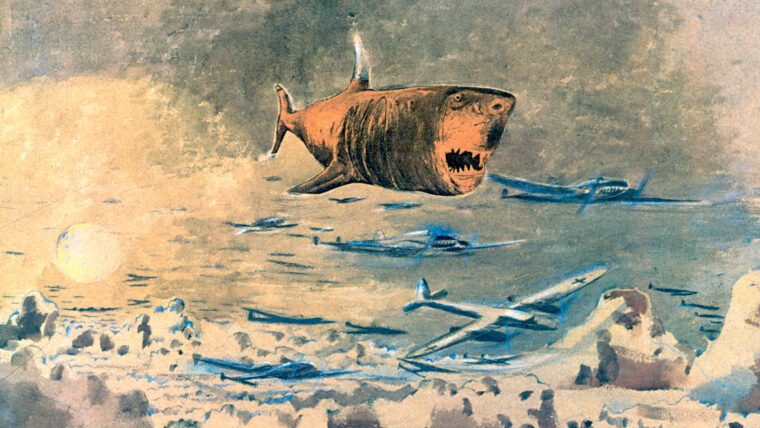
RADAR
Near the end of World War II, Hitler boasted he was about to unleash Vergeltungswaffen, or “vengeance weapons.” Read more
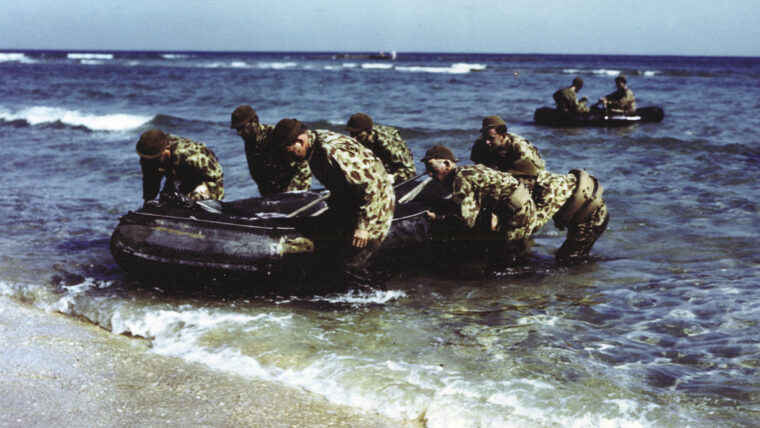
RADAR
The three rubber dinghies struggled through the rough surf in the pitch black night toward an inhospitable stretch of rocky beach. Read more
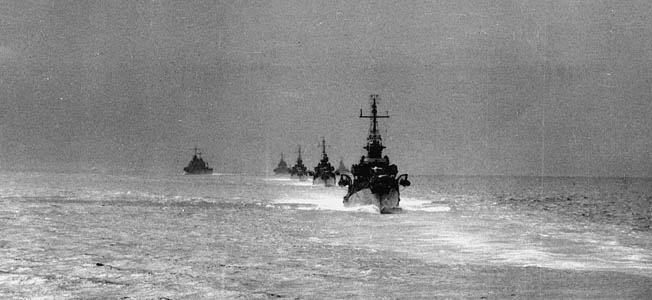
RADAR
The Japanese Imperial Navy was an elite and elitist organization. As prone at the administrative levels as any large bureaucracy to becoming bogged down in paperwork, careerism, politics, and minutia, the Imperial Navy nevertheless enjoyed a unique dynamic. Read more
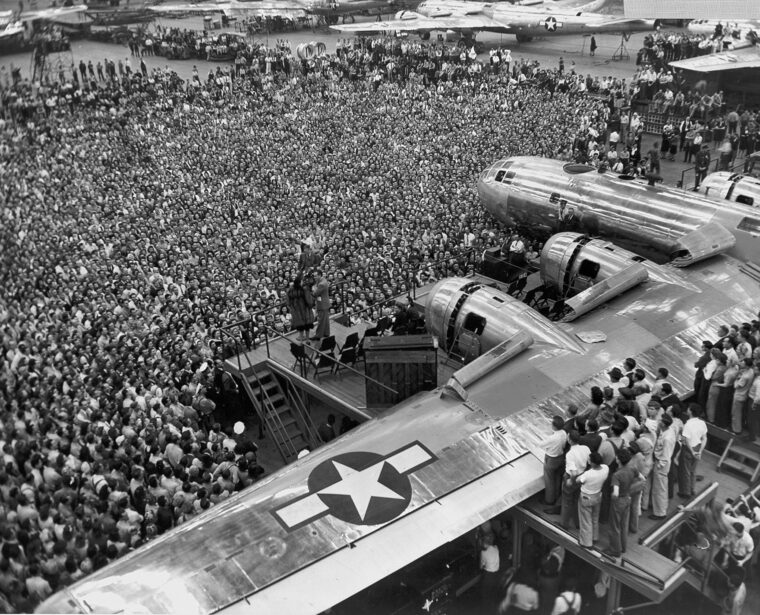
RADAR
When Maj. Gen. Curtis Lemay, the hard-driving commander of the Twentieth U.S. Air Force based in Guam, decided to change tactics in early 1945 to boost the effectiveness of the B-29 Superfortress, it was the Bell Aircraft plant in Marietta, Georgia, that ultimately provided him with the stripped-down bombers that played such a key role in ending the war in the Pacific. Read more
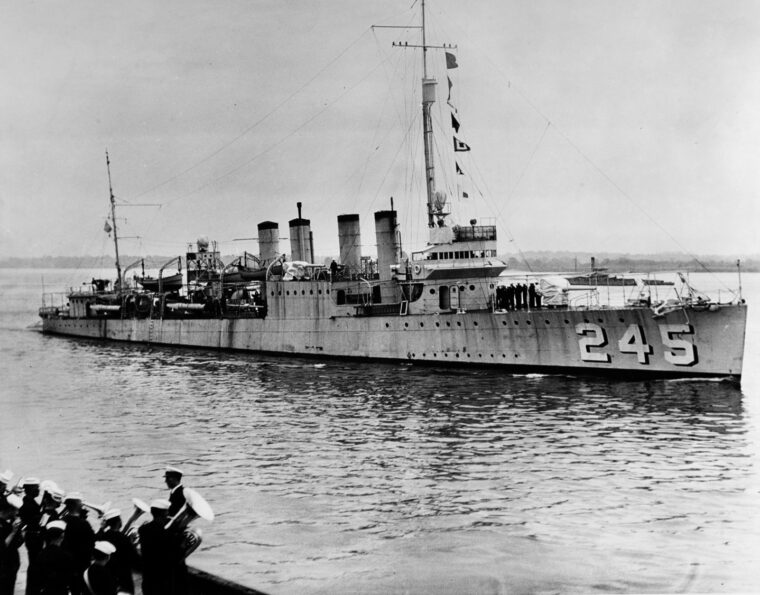
RADAR
When the destroyer USS Reuben James (DD-245) was assigned to convoy duty in the North Atlantic in the autumn of 1941, its crew had a sense of foreboding and feared the worst. Read more
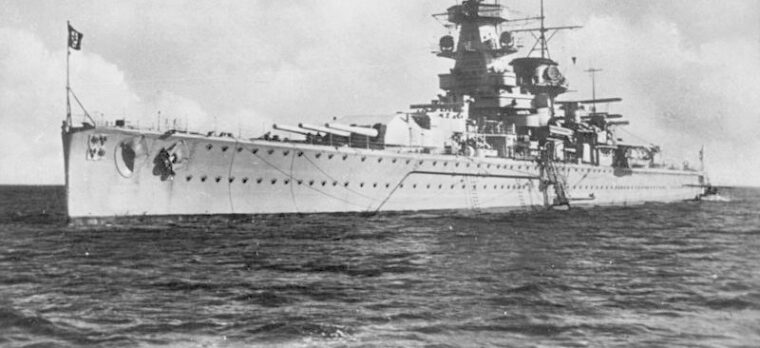
RADAR
As soon as the British radio operator started batting out the distress signal on December 2, 1939, the German pocket battleship opened up with a 37mm gun. Read more
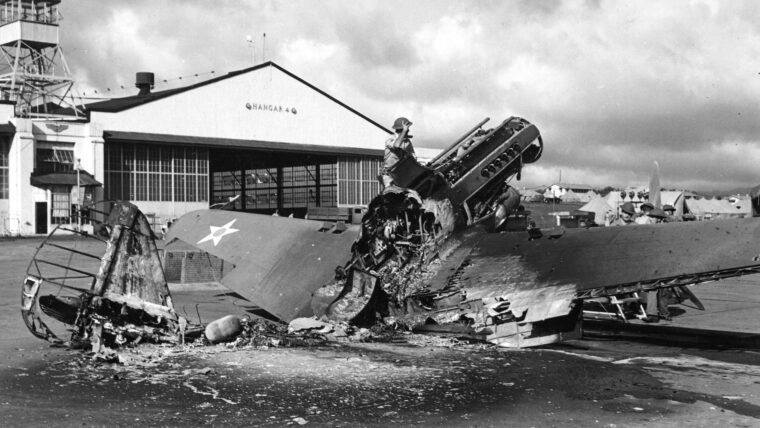
RADAR
At about 8 am on the morning of December 7, 1941, I stood on the third-floor deck of a red brick barracks that looked across the Schofield Barracks golf course toward the infantry barracks that housed much of the U.S. Read more
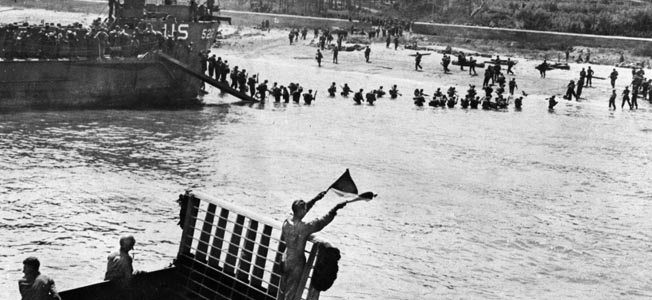
RADAR
Early in 1944, German Field Marshal Erwin Rommel, the defeated hero of North Africa and now head of Army Group B in France, was tasked with strengthening the Atlantic Wall defenses against Allied invasion. Read more
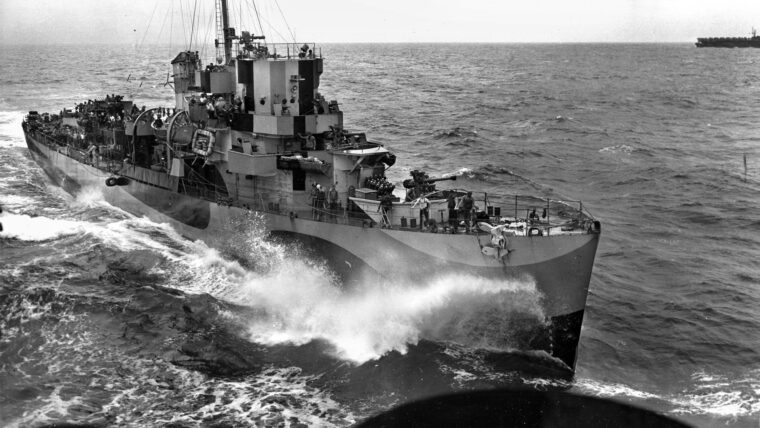
RADAR
Admiral Soemu Toyoda needed answers. The newly appointed commander in chief of Japan’s Combined Fleet, Toyoda found himself facing several unpleasant facts. Read more
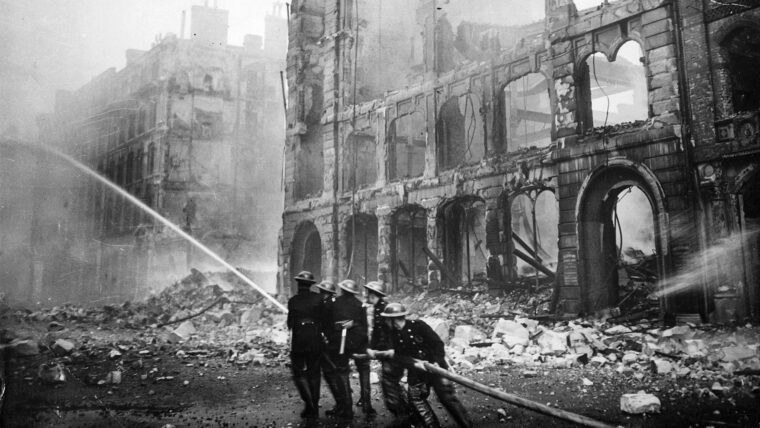
RADAR
The bombers seemed to arrive overhead with much less warning than on any past air raid. Olive Bayliss, who lived with her family over at London Wall, in London’s City District, was certain that the Luftwaffe came in faster than usual tonight, catching everyone by surprise. Read more
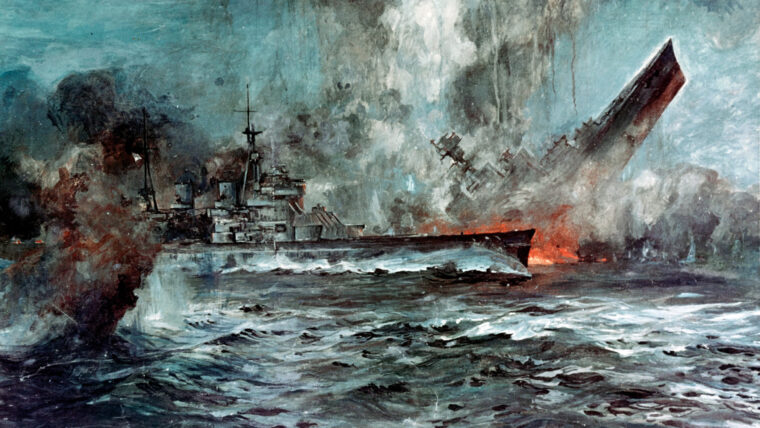
RADAR
In 1960 Twentieth Century Fox released the film Sink the Bismarck! Based on C.S. Forrester’s bestselling book The Last Nine Days of the Bismarck, the documentary-style film tells a gripping and reasonably factual account of the most famous sea chase in history. Read more
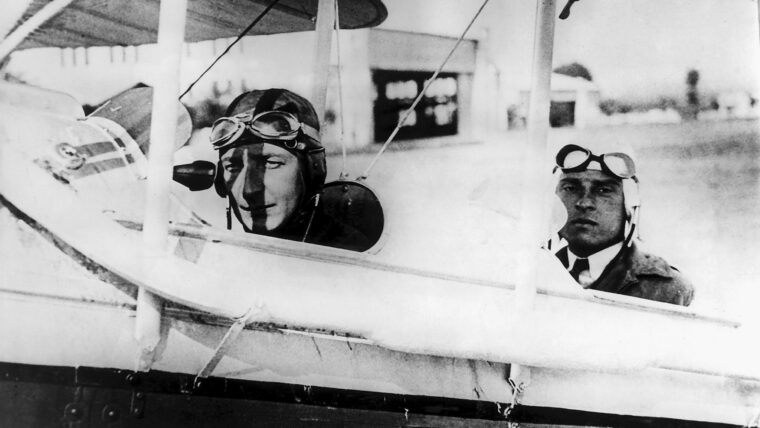
RADAR
On the morning of May 15, 1942, a strange motorcade rolled out of Campo Four, located 170 hot, dusty miles south of the Italian base at Jalo oasis in northeast Libya. Read more
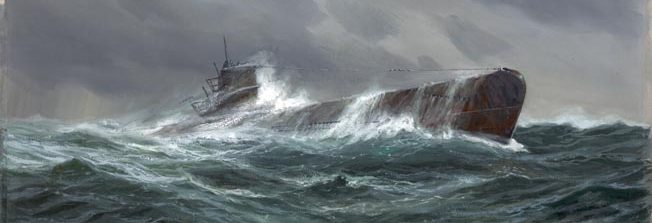
RADAR
The Battle of the Atlantic was a life-and-death struggle between the German Kriegsmarine and the Allied navies that was fought for control of Britain’s lifeline to its empire and to the United States. Read more
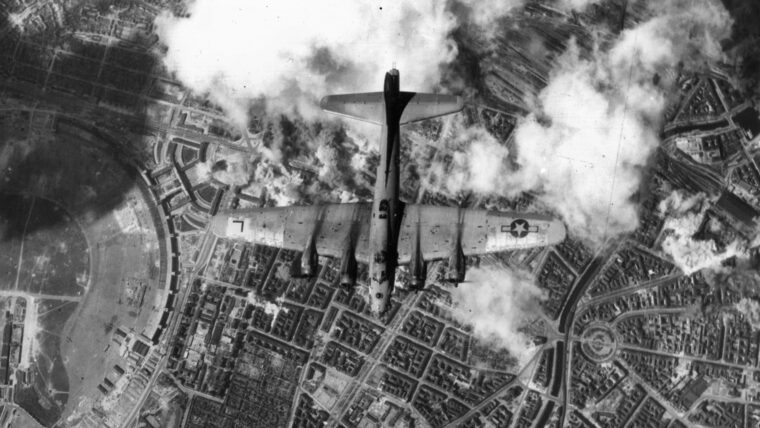
RADAR
He was widely regarded as America’s best pilot, he was already a recipient of the Medal of Honor, he was commander of the Eighth Air Force caught up in 1,000-plane bombing missions deep into the Third Reich, and he was mad as hell. Read more
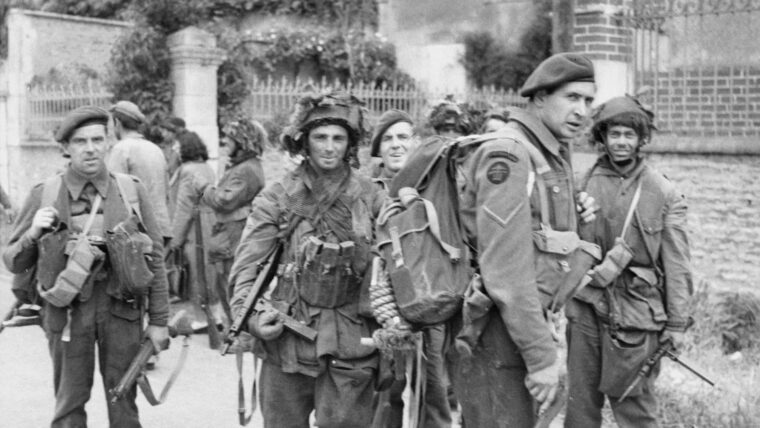
RADAR
After successfully fighting seasickness during the crossing of the English Channel, Lance-Corporal Ted Brooks of Number 48 (Royal Marine) Commando arrived on Nan Red Beach—which formed the left flank of Juno Beach—on the morning of June 6, 1944. Read more
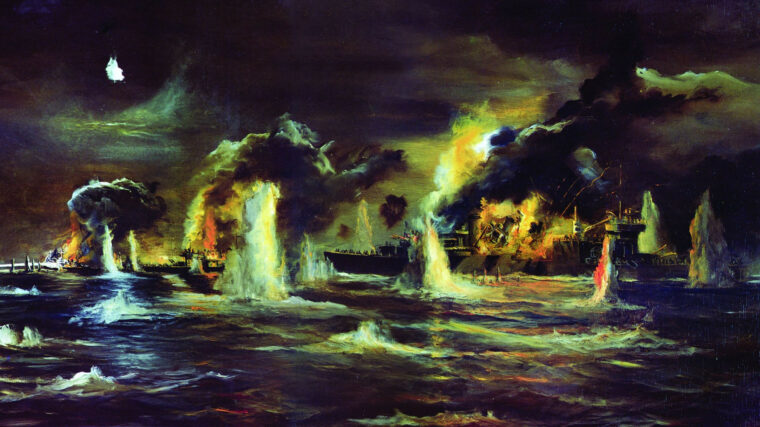
RADAR
A United States naval task force bearing the U.S. 1st Marine Division arrived off Guadalcanal, in the eastern Solomon Islands, on the morning of August 7, 1942, and launched the first American offensive operation of World War II. Read more